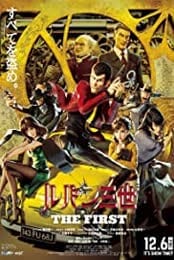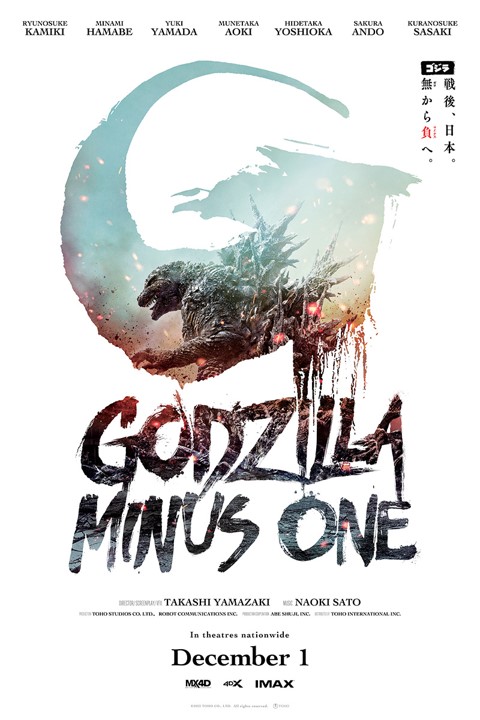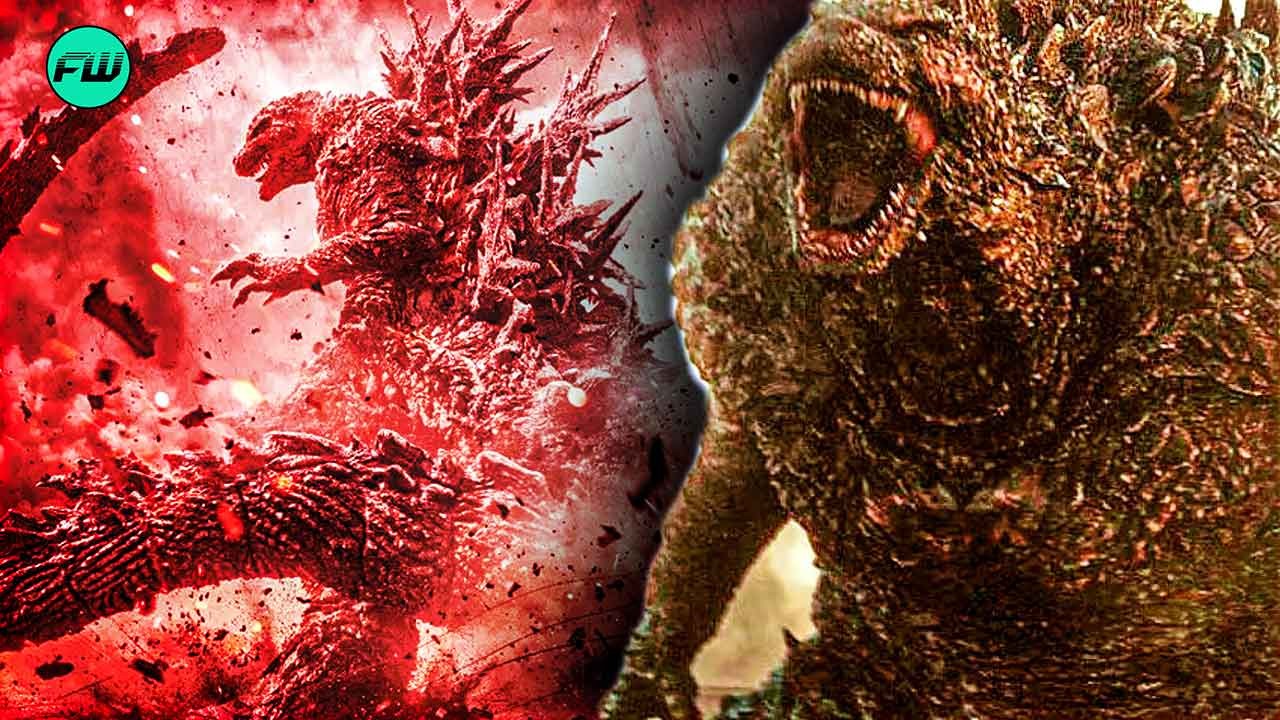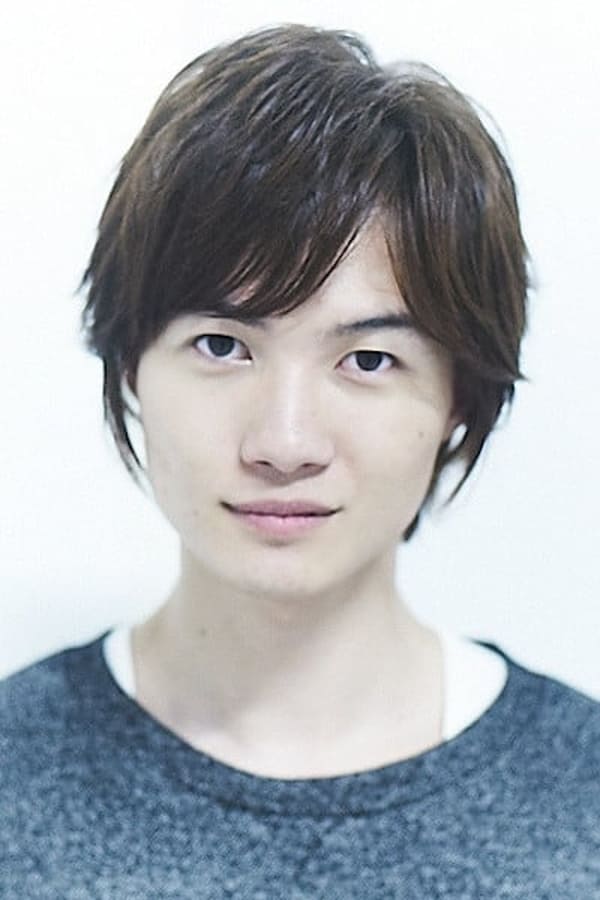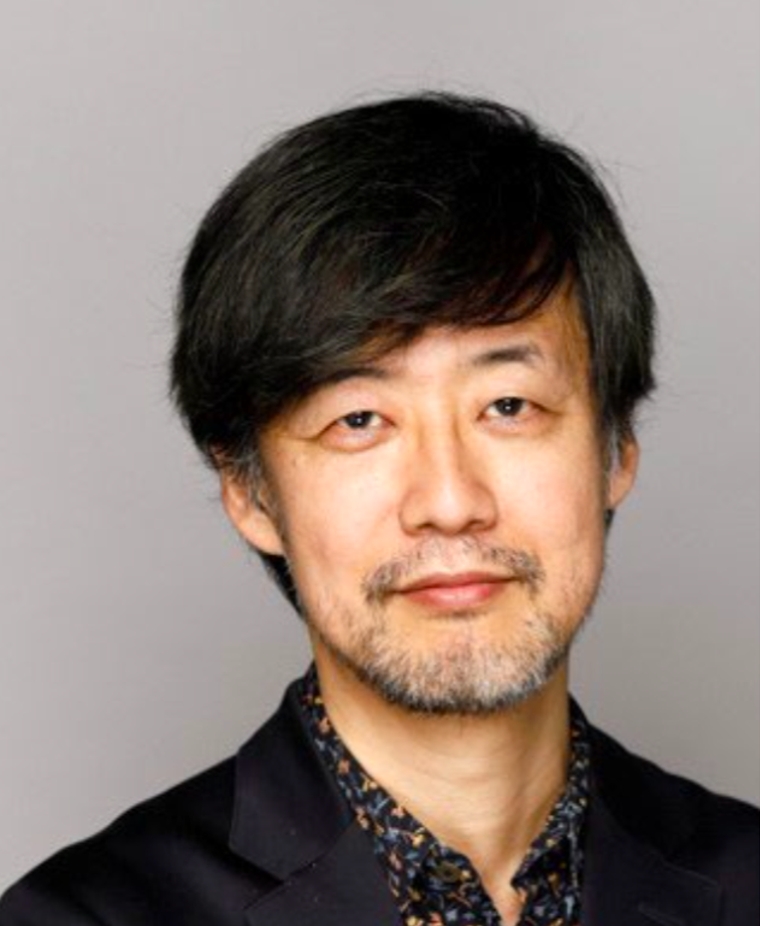
Takashi Yamazaki
Birthdate – June 12, 1964 (60 Years Old)
Birthplace – Matsumoto, Nagano, Japan
Takashi Yamazaki is one of Japan’s leading filmmakers specializing in movies with large-scale visual effects embracing both live-action and anime movies. After working in animation jobs at the Japanese animation group, Shirogumi, through the late 1980s and the 1990s, Yamazaki broke out as a writer-director with two sci-fi movies, Juvenile (2000) and Returner (2002).
Yamazaki had his international breakthrough with the manga adaptation, Always: Sunset on Third Street (2005) and the sequels, Always: Sunset on Third Street 2 (2007) and Always: Sunset on Third Street 3 (2012). In between these hits, Yamazaki also made such stand-alone movies as Ballad (2009); the manga sci-fi action epic, Space Battleship Yamato (2010); and the computer-animated Friends: Naki of Monster Island (2011), released by Toho Studios.
After adapting for the big screen the Naoki Hyakuta novel, The Eternal Zero (2013), writer-director Takashi Yamazaki co-directed (with Ryuichi Yagi) the animated sci-fi hit, Stand By Me Doraemon (2014), the highest-grossing film in the long-running Doraemon franchise, with a global gross of $183.4 million, and which Yamazaki followed up six years later with the sequel, Stand By Me Doraemon (2020) as well as Stand By Me Doraemon (date to be announced).
The domestic box-office success of Yamazaki’s next sci-fi movie, Parasyte: Part 1 (2014) spawned the sequel, Parasyte: Part 2 (2015), which received a comparatively less enthusiastic reception than its predecessor. Writer-director Yamazaki turned to straight drama for Fueled: The Man They Call Pirate (2016), starring Junichi Okada, who was nominated for the Japanese Academy Awards’ Best Actor prize. Yamazaki turned to yet another genre—a crime-fantasy mix—with Destiny: The Tale of Kamakura (2017), starring Masato Sakai and Mitsuki Takahata.
Takashi Yamazaki continued to expand his storytelling range with the naval military drama, The Great War of Archimedes (2019), starring Masaki Suda and grossing nearly $18 million globally with Toho as Yamazaki’s regular distributor. With anime co-directors Ryuichi Yagi and Makoto Hanafusa, Yamazaki directed his script adaptation of the Dragon Quest video game, Dragon Quest: Your Story (2019), earning $13 million.
Takashi Yamazaki enjoyed one of his most acclaimed movies to date, the CGI-animated Lupin III: The First (2019), echoing many elements of Hayao Miyazaki’s Castle of Cagliostro (1979), and premiering at the Annecy Animation Festival as well as winning best-animated film at the Japanese Academy Awards.
In a change of pace, Yamazaki made his next project Yokaipedia, a feature adaptation (with clear homages to Harry Potter and even Stranger Things) of the Hiroshi Saito/Etsuyoshi Miyamoto fantasy series, Obakezukan. Toho Studios picked writer-director Yamazaki to helm their 33rd Godzilla movie (in 70 years), the three-years-in-the-making Godzilla Minus One (2023), selected as the closing film of the Tokyo film festival.
Personal Details
Takashi Yamazaki was born and raised in Matsumoto, Japan. Yamazaki attended public schools, including Matsumoto Shiritsu Shimizu Junior High School, where he made his first student films. Yamazaki studied cinema at Asagaya College of Art and Design. Yamazaki has been married to filmmaker Shimako Sato since 2012.
Some Facts About Takashi Yamazaki
Lost and Found: Takashi Yamazaki’s first student short, Glory (shot in 1979), was thought to be lost for several decades until it was found in 2022 and received a screening in Yamazaki’s hometown of Matsumoto.
Olympian: Yamazaki earned the coveted assignment of making and producing a promotional movie about the 2020 Olympics in Tokyo.
Awards
Nominee, Best Feature, Annecy Animated Film Festival Awards (2020); Three-time Nominee, Best Visual Effects, Asian Film Awards (2008, 2011, 2015); Winner, Golden Gryphon Early Screens Award, Giffoni Film Festival (2000); Three-time Winner, Best Screenplay/Best Director, Japansese Academy Awards (2006, 2015); Winner, Audience Award, Udine Far East Film Festival Awards (2014).



